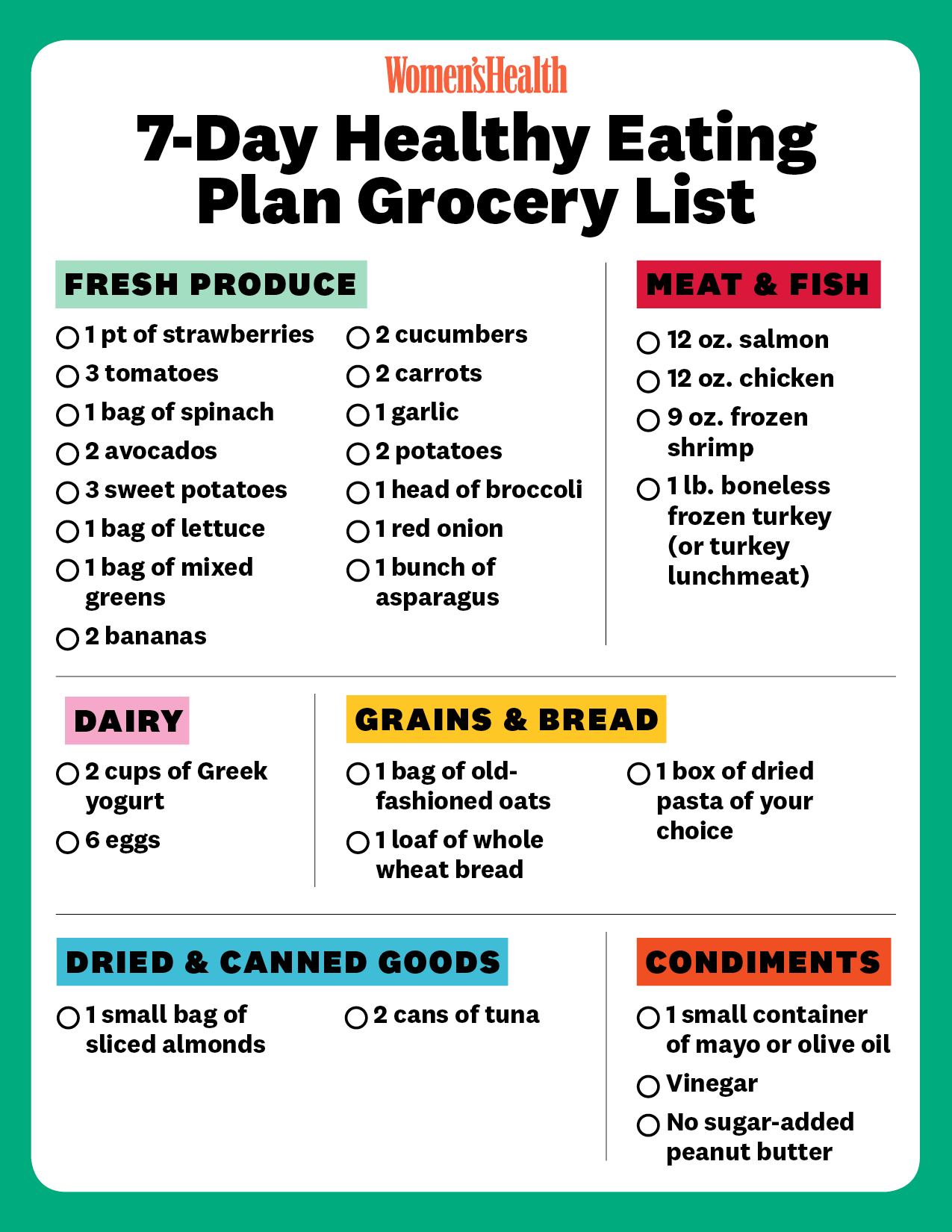Are you looking to maintain a healthy weight through nutrition?
It’s time to understand the basics of nutrition, build a balanced diet, and prioritize hydration.
Don’t forget to incorporate physical activity into your routine and manage emotional eating.
By creating long-term healthy habits, you can achieve your weight goals safely and effectively.
In this article, we will provide evidence-based practical tips that will help you on your journey towards maintaining a healthy weight through nutrition.
Key Takeaways
- Support groups and therapy can be beneficial for coping with emotional eating and maintaining a healthy weight.
- Meal planning is important for developing healthy habits and ensuring nutritious meals.
- Portion control and mindful eating can help with weight control and preventing overeating.
- Staying hydrated and incorporating physical activity are important for maintaining a healthy weight.
Understanding the Basics of Nutrition
To maintain a healthy weight through nutrition, you need to understand the basics of nutrition. Nutrient absorption is crucial for your body to function properly and stay at a healthy weight. When you eat food, your body breaks it down into nutrients like carbohydrates, proteins, and fats. These nutrients are then absorbed by your body and used for energy, growth, and repair.
It’s important to follow dietary guidelines to ensure you’re getting the right balance of nutrients. These guidelines recommend consuming a variety of fruits, vegetables, whole grains, lean proteins, and healthy fats. Avoiding processed foods high in sugar and unhealthy fats can also help in maintaining a healthy weight.
By understanding how your body absorbs nutrients and following dietary guidelines, you can make informed choices about what you eat to support a healthy weight. Remember to prioritize safety when making changes to your diet or starting any new eating plan.
Building a Balanced Diet
When it comes to building a balanced diet, incorporating whole foods is key. These are unprocessed or minimally processed foods that are as close to their natural state as possible. By focusing on whole foods, you can ensure you’re getting all the nutrients your body needs for optimal health.
Additionally, portion control plays a vital role in maintaining a healthy weight and preventing overeating. It’s important to be mindful of serving sizes and listen to your body’s hunger and fullness cues.
Lastly, practicing mindful eating can help you develop a healthier relationship with food. This involves paying attention to the sensory experience of eating, such as the taste, texture, and smell of food, which can help prevent mindless snacking or emotional eating.
Incorporating Whole Foods
Incorporating whole foods into your diet is essential for maintaining a healthy weight. Whole foods are minimally processed and packed with nutrients, making them an excellent choice for weight management.
Here are some benefits of incorporating whole foods:
- Nutrient-rich: Whole foods are naturally rich in vitamins, minerals, and antioxidants that support overall health and help you stay satisfied.
- High in fiber: Whole foods like fruits, vegetables, whole grains, and legumes are high in dietary fiber, which promotes satiety and aids digestion.
- Low in added sugars: Whole foods typically have little to no added sugars compared to processed foods, reducing the risk of weight gain.
Here are some whole food sources you can include in your diet:
- Fruits: Apples, berries, bananas
- Vegetables: Leafy greens, broccoli, carrots
- Whole grains: Brown rice, quinoa, oats
- Legumes: Lentils, chickpeas
By incorporating these whole foods into your meals and snacks regularly, you can nourish your body while maintaining a healthy weight.
Portion Control and Mindful Eating
Portion control and mindful eating are key to achieving a balanced diet and overall well-being. When it comes to maintaining a healthy weight, it’s important to pay attention to the amount of food you consume.
Mindful snacking is a great way to practice portion control throughout the day. Instead of mindlessly munching on snacks, take the time to savor each bite and listen to your body’s hunger cues. By being more aware of what you’re eating, you can prevent overeating and make better choices.
Additionally, paying attention to portion sizes is crucial. Be mindful of recommended serving sizes for different foods and try using smaller plates or bowls to help control portions. Remember, small changes in portion control can lead to big improvements in your health and weight management journey.
The Importance of Hydration
Staying hydrated is crucial for maintaining a healthy weight. Here are four reasons why hydration is important for weight management:
-
Benefits of water: Drinking enough water can help suppress appetite, as dehydration can sometimes be mistaken for hunger. By staying hydrated, you can avoid unnecessary snacking and overeating.
-
Boosts metabolism: Studies have shown that drinking water can temporarily increase your metabolism by up to 30%. This means that staying hydrated can help your body burn more calories throughout the day.
-
Supports exercise performance: Proper hydration during exercise is essential for optimal performance and endurance. Water helps regulate body temperature, lubricates joints, and delivers oxygen to muscles, allowing you to push harder and longer during workouts.
-
Reduces liquid calorie intake: Choosing water over sugary beverages like soda or juice can significantly reduce your overall calorie intake. These empty calories from sugary drinks contribute to weight gain and provide little nutritional value.
Remember, staying hydrated is not only important for overall health but also plays a significant role in maintaining a healthy weight. Make sure to drink enough water throughout the day, especially during exercise, to reap these benefits and support your weight management goals.
Incorporating Physical Activity
Regular physical activity is an essential component of a healthy lifestyle and can greatly contribute to achieving weight management goals. Physical exercise not only burns calories but also helps build lean muscle mass, which increases metabolism and aids in weight loss. Incorporating fitness routines into your daily life can be as simple as taking brisk walks, cycling, or swimming.
Aim for at least 150 minutes of moderate-intensity aerobic activity every week, along with strength training exercises twice a week. It’s important to choose activities that you enjoy and that fit into your schedule. Remember to start slowly and gradually increase the intensity and duration of your workouts to avoid injury. Always listen to your body, stay hydrated, and warm up properly before exercising.
By incorporating physical activity into your routine, you’ll not only maintain a healthy weight but also improve overall fitness levels and reduce the risk of chronic diseases.
Managing Emotional Eating
When it comes to managing emotional eating, it’s important to first identify your triggers and develop coping strategies. Recognizing what emotions or situations lead you to turn to food can help you find alternative ways to deal with them.
Seeking support from friends, family, or a support group can also be beneficial in overcoming emotional eating. Additionally, if emotional eating becomes a persistent issue that you’re unable to manage on your own, don’t hesitate to seek professional help from a therapist or counselor who specializes in this area.
Identifying Triggers and Coping Strategies
To maintain a healthy weight through nutrition, you can identify triggers and develop coping strategies. Triggers awareness is crucial in managing emotional eating. By recognizing the situations, emotions, or thoughts that lead to overeating, you can take steps to prevent them from derailing your progress. Keep a journal to track your eating patterns and note any triggers that may arise. Once you have identified your triggers, it’s important to develop coping strategies. These can include finding healthier alternatives for comfort foods, practicing stress-reducing techniques such as deep breathing or meditation, engaging in physical activity to distract yourself from emotional cravings, and seeking support from friends or professionals when needed. By being aware of your triggers and having effective coping strategies in place, you can better manage emotional eating and maintain a healthy weight.
| Triggers Awareness | Coping Strategies |
|---|---|
| Keep a journal | Find healthier alternatives |
| Track eating patterns | Practice stress-reducing techniques |
| Identify triggers | Engage in physical activity |
| Seek support when needed |
Seeking Support and Professional Help
If you’re struggling with emotional eating, seeking support from friends or professionals can be beneficial in managing your triggers and developing healthier coping strategies. Support groups can provide a safe and understanding environment where you can connect with others who are going through similar challenges. Sharing experiences and learning from each other’s successes and failures can be empowering.
Additionally, therapy sessions with a licensed professional can help you delve deeper into the underlying causes of your emotional eating and develop personalized strategies to overcome it. A therapist can provide guidance, tools, and techniques to help you navigate difficult emotions without turning to food for comfort.
Remember that seeking support is not a sign of weakness; it’s a courageous step towards taking control of your health and well-being.
Creating Long-term Healthy Habits
Creating long-term healthy habits is essential for maintaining a healthy weight through nutrition. To help you create sustainable changes and develop healthy routines, here are four key tips:
-
Plan your meals: Take the time to plan your meals ahead of time, ensuring they are balanced and include a variety of nutrient-dense foods. This can help you make healthier choices and avoid impulsive, less nutritious options.
-
Practice portion control: Be mindful of your portion sizes to prevent overeating. Use smaller plates and bowls to visually trick yourself into thinking you’re eating more than you actually are.
-
Stay hydrated: Drinking enough water throughout the day can help control hunger cravings and keep you feeling full. Aim for at least eight glasses of water daily.
-
Incorporate physical activity: Regular exercise not only burns calories but also helps maintain muscle mass, which plays a crucial role in supporting a healthy metabolism. Find activities that you enjoy and make them part of your daily routine.
By following these tips, you can create long-lasting habits that contribute to maintaining a healthy weight through nutrition while prioritizing safety and wellbeing.
Frequently Asked Questions
Can I achieve and maintain a healthy weight through nutrition alone, without incorporating physical activity?
Achieving weight loss through nutrition alone is possible, but incorporating physical activity is important for long-term success. Portion control is crucial to manage calorie intake and maintain a healthy weight.
How can I manage emotional eating and prevent it from hindering my efforts to maintain a healthy weight?
To manage emotional eating and prevent it from hindering your efforts, identify triggers like stress or boredom. Find healthy alternatives for comfort foods and practice mindful eating. It’s not easy, but with determination, you can overcome food cravings.
Are there any specific nutrients or foods that can help boost metabolism and support healthy weight management?
To boost metabolism and support healthy weight management, focus on incorporating foods rich in protein, fiber, and complex carbohydrates. Examples include lean meats, whole grains, fruits, vegetables, and legumes. Additionally, staying hydrated and engaging in regular physical activity can also help.
What are some effective strategies for creating long-term healthy habits that can contribute to maintaining a healthy weight?
To create sustainable healthy habits, start by setting realistic goals and making gradual changes to your diet and lifestyle. Building a support system of friends or family can provide accountability and encouragement along the way.
Is it possible to maintain a healthy weight without counting calories or following a strict diet plan?
Yes, you can maintain a healthy weight without counting calories or following a strict diet plan. Mindful eating techniques, such as listening to your body’s hunger and fullness cues, can help manage weight effectively and sustainably.



